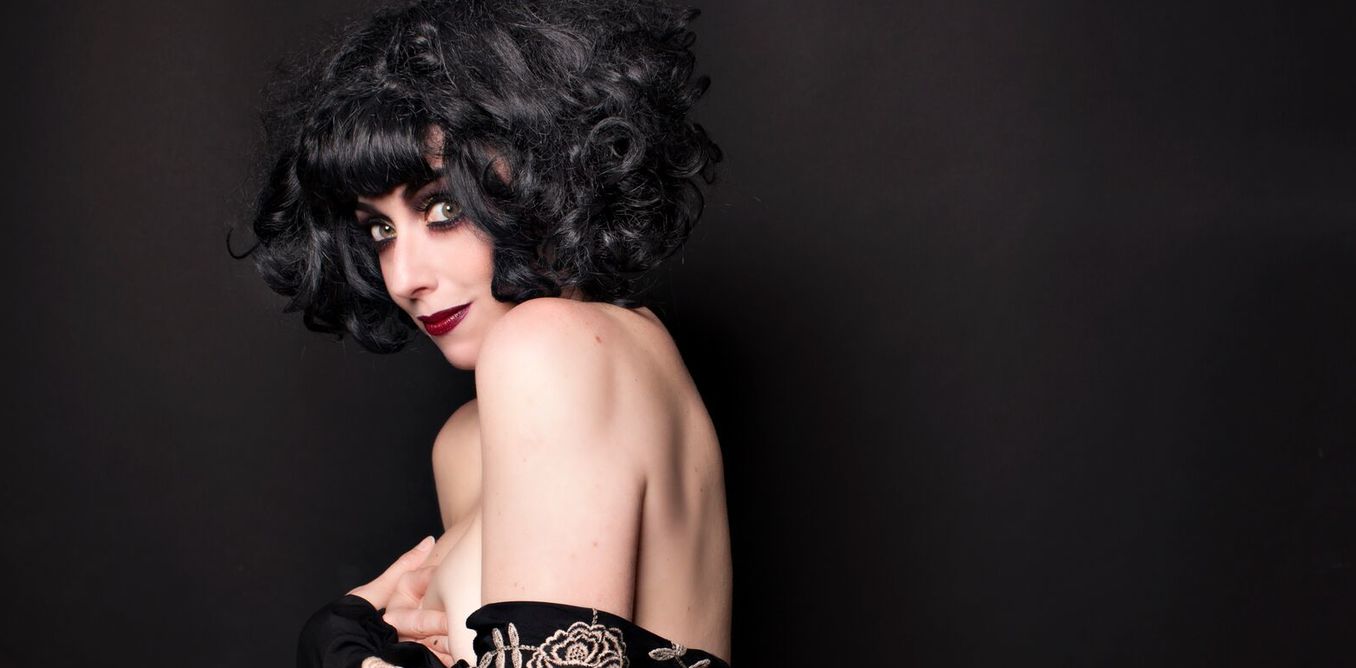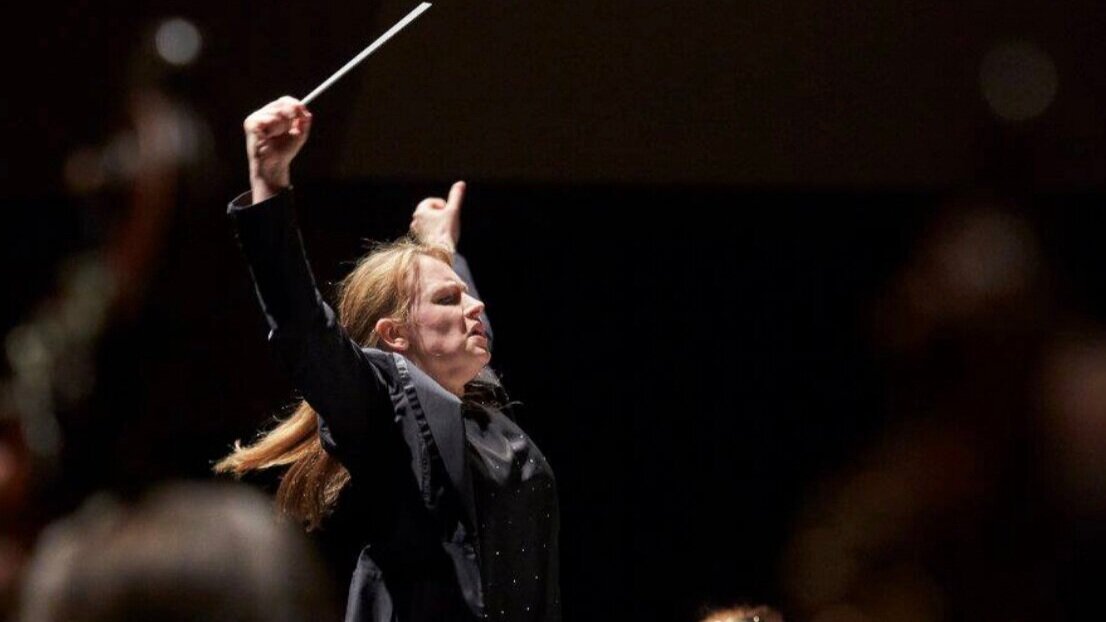No More Questions

It’s easy to be distracted by her extraordinarily high heels and even shorter dresses; by her speed,her youth, her curves, and the sometimes shocking amount of force emanating from such a petite person. A sexist perspective? No doubt, but sex is part of the package and for past couple of years Yuja Wang’s gotten pretty far with it. Exploiting culture’s more prurient side with seemingly little effort while appearing mostly indifferent to all the noise, she just kept doing her thing, touring and performing around the world. People asked questions, she answered. She performed, they gawked. Houses filled with expectant buzzes for her performances. People became interested. They talked about her. She’s become the one classical musician many people can probably name besides Yo-Yo Ma.
However, an impolite question began to linger in my mind after each dazzling performance: is she really that good, or is the hype around Yuja a case of classical razzle-dazzle? Would these performances have the same impact if the person onstage was an unattractive woman in a boring dress or a middle-aged white guy looking like every other schlub in a tux? How much of her reputation is built on sex-appeal? That’s she’s tremendously talented is beyond question- don’t think I’m implying anything to the contrary- but there are many highly skilled performers who aren’t chosen to be in ads for Rolex watches. Granted, she’s not the only classical musician sporting the watch but even on Rolex’s site the hype for her is grander than that of her peers: “The technique of a master. The imagination of a genius.”
Is it true?
After attending her first solo recital at Davies Symphony Hall last night, I would say yes, it is. Yuja strode onstage in six-inch heels wearing the same red dress she wore when I saw her perform Rachmaninoff’s 3rd with the orchestra in June of last year. I have to admit the fashion repeat was a bit disappointing. I thought fashionistas kept databases on this sort of thing to avoid appearing on the same stage in the same outfit more than once. Isn’t that a rule? Never be seen in the same dress, at least at the same place, twice? The second time around it did have less impact, so I actually paid closer attention, often with my eyes closed, on what I was actually hearing.
Her account of Prokofiev’s Sonata No. 3 was played completely at the edges- either extremely fast, breathtakingly so at points, and with great force, or gorgeously slow, with impeccable nuance and control. She followed this with the beginning of a long foray into Chopin, performing his Sonata No. 3. Later would come the Nocturne in C Minor. and the Ballade No. 3. I became lost at some point during all of this Chopin, as it dawned on me for the first time really, truly and deeply, how much of a complete genius he was: how incredibly modern-sounding and ahead of its time his music is. I’ve listened to a lot of Chopin, and I’ve never heard him performed in a manner which brought out these modernist-sounding elements.
When she returned to the stage Yuja had on a different dress obviously by the same designer (both feature a vertical panel running down the backside which at the right angle creates a fantastically curved silhouette- a plus for a performer with a penchant for raising her right haunch off the bench as she performs). This number was black, with a matte skirt below sparkly top, separated by a peek-a-boo gash above the right hip. It looked like something a young woman from the suburbs would wear for a night of clubbing in San Francisco at a club filled with other suburbanites out for a night of clubbing in San Francisco (like this place).
So when she sat down and began playing Nikolai Kasputin’s Variations for Piano, Opus 41 I was lost, thinking she has just decided to wing it and play an unknown-to-me variation on Gershwin. You see, I didn’t read the program notes, and Yuja decided to change the order of the selections from what was printed. Always read the program notes beforehand, people. If I had, I would have realized what I was mistaking for a Gershwin theme was actually inspired by Stravinsky’s Rite, which I’ve heard in so many guises over the past year it’s come to sound like everything. I was expecting classical, and what I was hearing was drenched in jazz. Soon I stopped caring what it was, mesmerized by the sound, this dense, lush, rumbling collision of two genres without preference of one over the other. It’s an amazing piece (Marc-Andre Hamelin has recorded it). You really must hear it- listen to this. But the point was that Yuja Wang was playing jazz and doing it like she was Brad Mehldau.
Had she stopped here the recital could have easily been seen as a triumph, but what came next was one of those rare moments that concert-goers live for. A performance of Stravinsky’s Three Movements from Petrushka that was so exciting you could feel it taking root in the audience, then spreading through it so that by the time she made her way through the final movement of the Shrovetide Fair there was a sense of electricity coursing through the hall. Something truly special had just taken place. For her efforts she received one of the most sustained (and deserved) standing ovations I’ve ever seen in the hall. She encored with Art Tatum’s arrangement of Tea for Two (like the red dress, a repeat from last June), Horowitz’s Carmen Variations, and Kocsis’ arrangement of Rachmaninoff’s Vocalise.
She also definitively answered my impolite question with the best possible response, which was to make me wonder how I ever had the temerity to ask it in the first place.
If you liked this, like A Beast on Facebook





